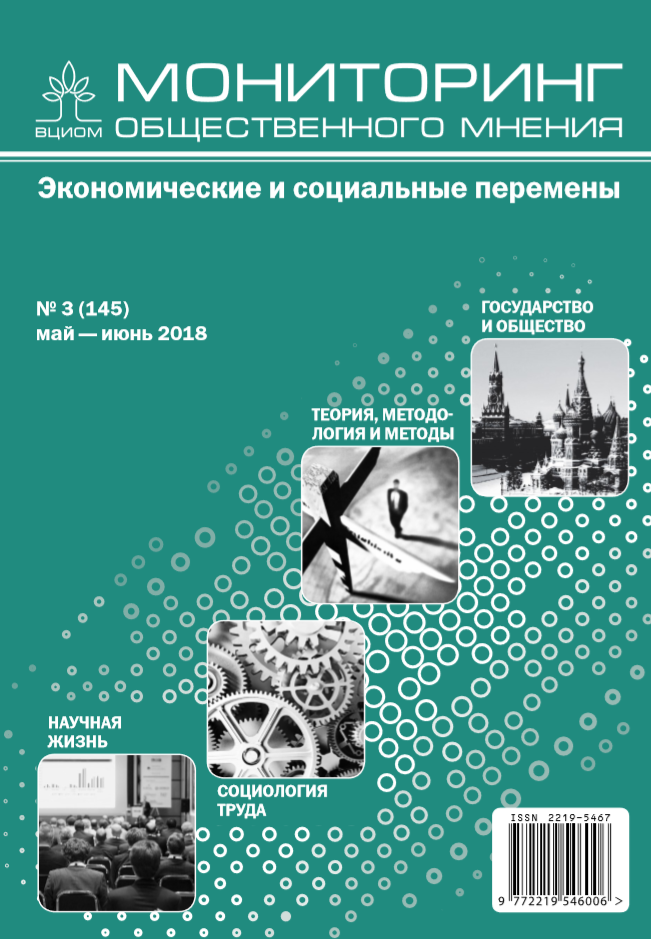Computer-assisted personal interviewing for longitudinal household studies
DOI:
https://doi.org/10.14515/monitoring.2018.3.03Keywords:
PAPI, CAPI, data quality, panel household surveyAbstract
The article provides an analytical review of the transition to CAPI (computer-assisted personal interviewing), a computer-based data collection technique used in longitudinal household surveys. Based on a number of foreign studies the paper explores how CAPI affects the data collection process as a whole and the data quality in particular. The study shows that CAPI has a number of advantages over PAPI (paper and pencil interviewing). The use of CAPI is positively perceived by respondents and interviewers; it helps to reduce the fieldwork duration, to avoid errors of routing and does not have a negative compact on response rates and attrition rates. At the same time, some studies suggest that the use of CAPI may lead to additional errors concerning sensitive and open-ended questions. Researchers also have to tackle certain technical problems related to questionnaire programming, interviewer training and selection, and the choice of hardware and software used in CAPI.






